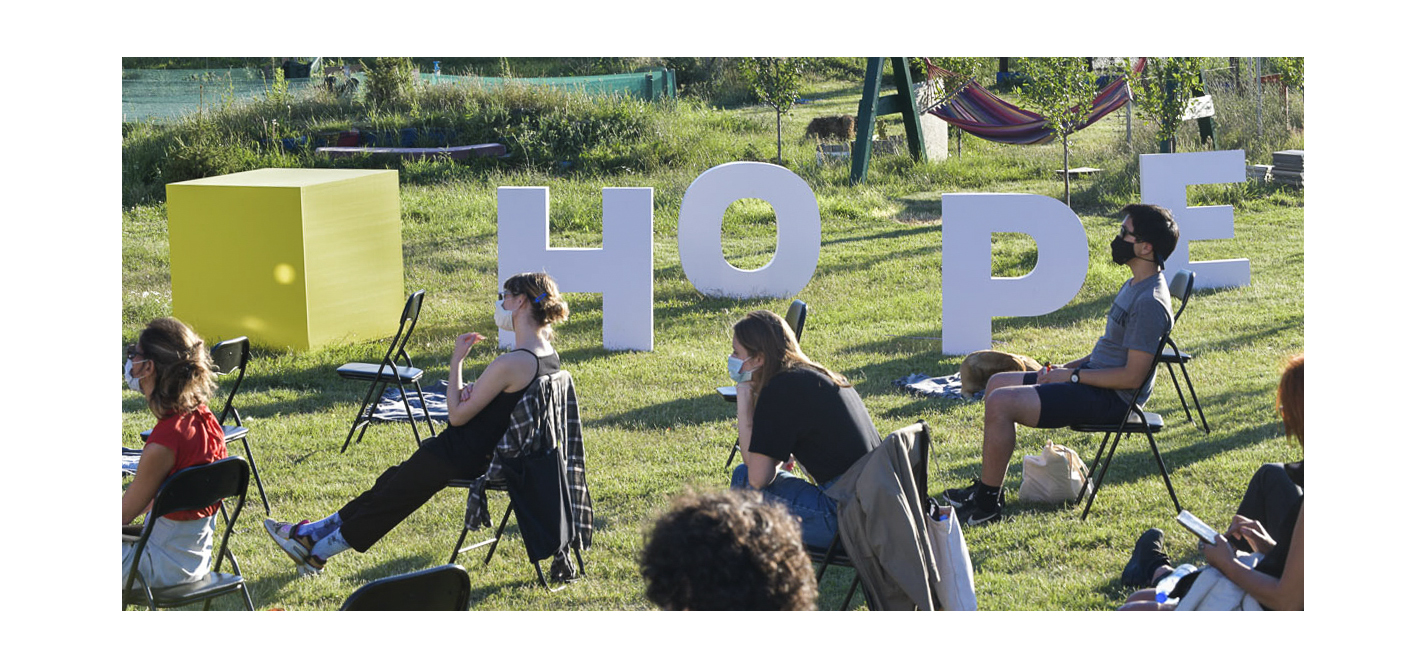
Reflections triggered by the Kosovo 2.0 Media Carnival
An open letter to the editor.
I enjoyed the speakers, their success stories, and most importantly, their courage and motivation.
My hope: Is to want to live in my country, a country that continuously develops to its fullest potential.

Krenare Lleshi
Krenare Lleshi is an education specialist and advocate of educational technologies. She holds a master’s degree in Learning, Technology and Education from the University of Nottingham. She has been engaged in both the formal and nonformal education sectors, and is currently working as Project Manager with Caritas Switzerland.
This story was originally written in English.